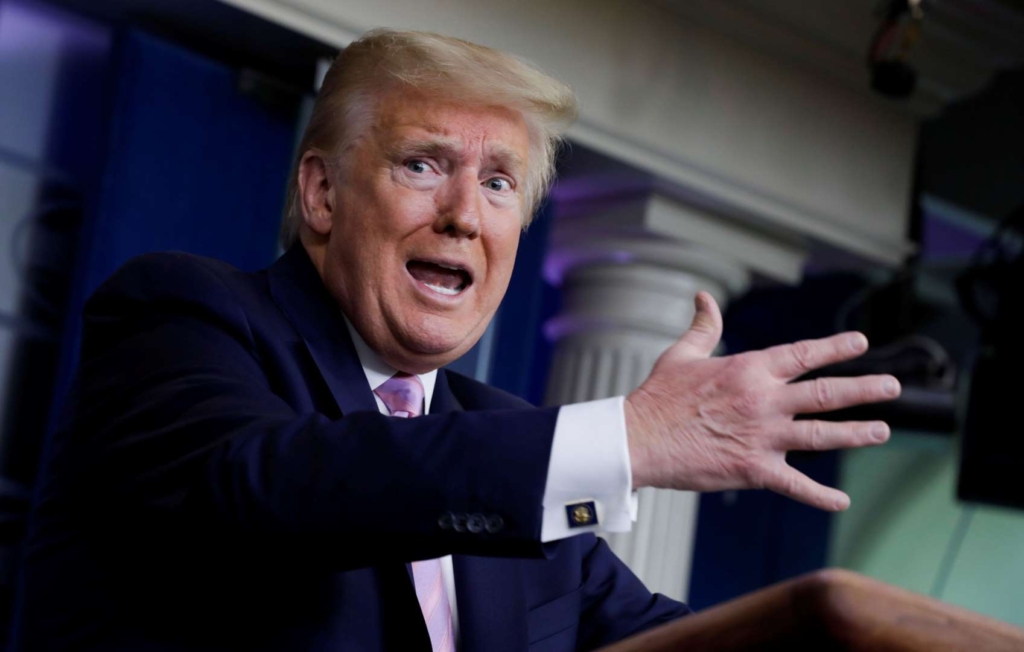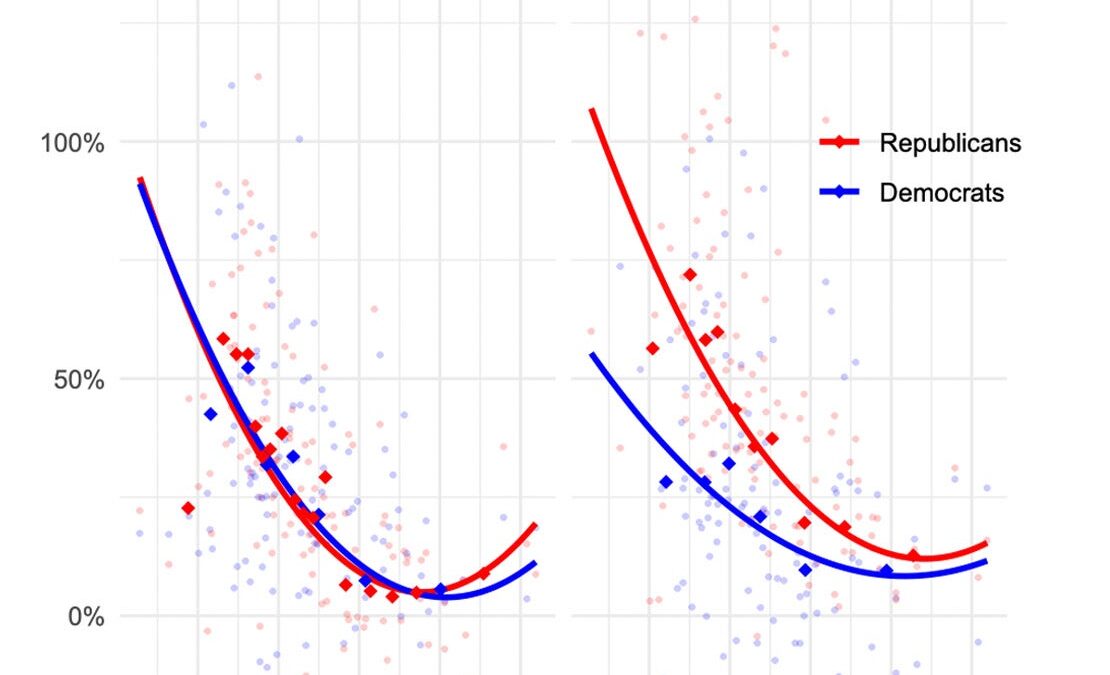Masha Gessen: We won’t know the exact moment when democracy dies – “Autocracy creeps in, staking one claim after another, but it does not firmly and finally announce its own arrival”
By Masha Gessen
16 April 2020

(The New Yorker) – In the early days of the Trump Presidency, there was a lot of speculation about when, if, and how we would pass the point of no return, when we would know that American democracy had been destroyed. That conversation faded after a while, drowned out by the din of Trumpian news. The coronavirus pandemic has brought it back. Will Trump use the virus to establish autocracy? Is American democracy dead? Just in the past few days, Trump has asserted that the Presidency gives him “total” authority, made sure that his name will appear on the stimulus checks that Americans will receive, and threatened to adjourn Congress in order to fill Administration vacancies without waiting for Senate confirmation. Is this the definitive end of American democracy? No, but only because when a democracy dies there is rarely a definitive time of death. Democracy is never pronounced dead at the scene.
Trump walked back his “total authority” claim after a day. The design of the stimulus checks will, it seems, be the result of some negotiation: Trump’s name will not appear at the top or on the signature line but, rather, in the “memo” line. (Some Republicans, such as Senator Chuck Grassley, of Iowa, think that this is in line with tradition.) The threat to adjourn Congress may not be as radical as it sounded at first: Trump certainly didn’t invent the “recess appointment,” and in fact it was the Obama Administration that fought for the right to make such appointments during a pro-forma session (although the Supreme Court declared this an overreach of powers). At the end of the day, like at the end of so many days, all of Trump’s threats and claims can be normalized or chalked up to so much authoritarian hot air. This is exactly how autocracy works: it creeps in, staking one claim after another, but it does not firmly and finally announce its own arrival. [more]



What do you mean that we won’t know when our democracy has died as in both of the last two Democratic Presidential primaries 7 or more States have seen levels of exit-polling discrepancy with the reported outcome that a 3rd world dictator would be proud of?
Michigan’s 2020 Democratic primary saw a 15.4% exit-polling discrepancy, which is more than triple the UN and OAS standard to prove election fraud.
The way I view it our democracy died in the 1980 election with the election of Ronald Reagan as ever since then big money has always won every election while the needs, hopes, and dreams of the average American keep getting stomped into the ground.